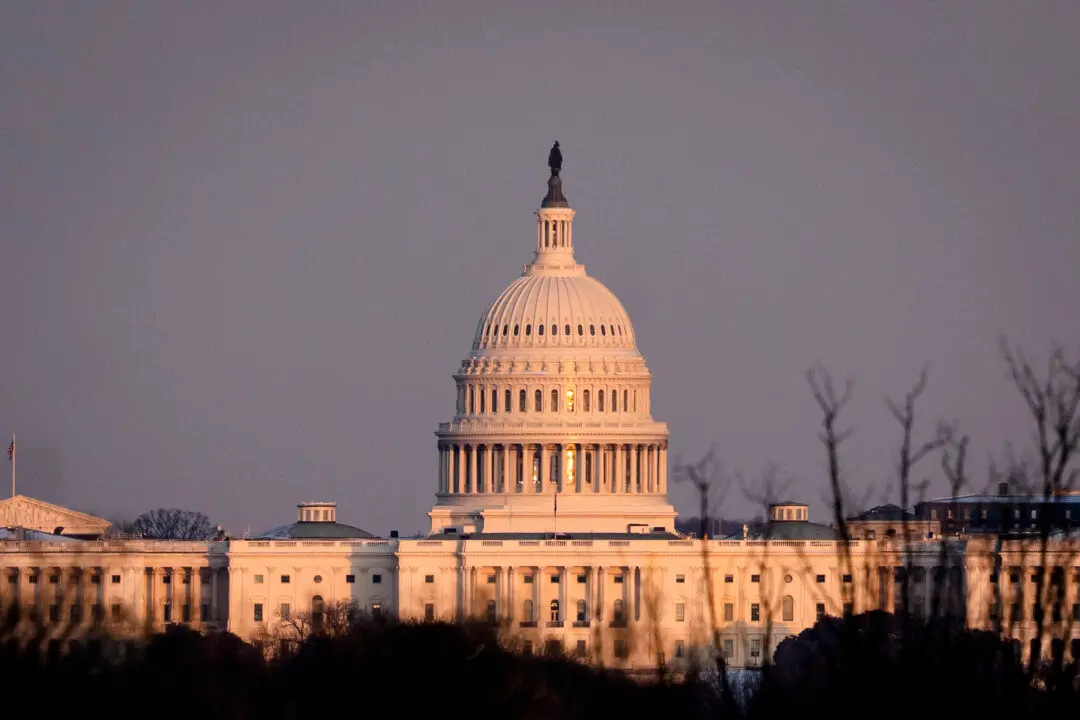On Dec. 13, the Supreme Court asked the Solicitor General to offer the United States’ views on “Monsanto v. Hardeman”—the latest move in what may be a landmark case for multibillion-dollar litigation linking the herbicide Roundup to non-Hodgkin lymphoma, if the high court agrees to review the case.
After a call for the views of the solicitor general, that Justice Department official will often respond with a brief commenting on whether the Supreme Court should agree to review the case. The solicitor general’s office didn’t respond to a request by The Epoch Times for comment by press time.





